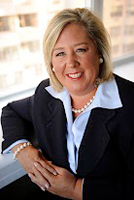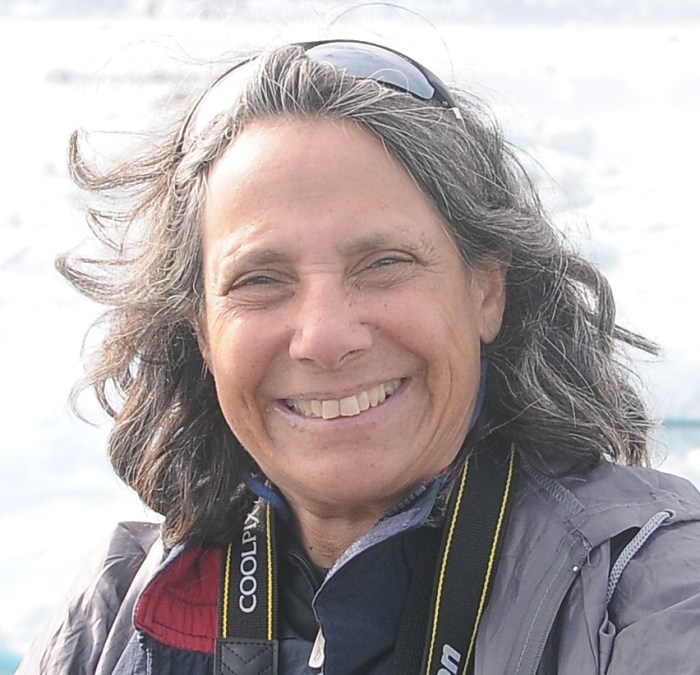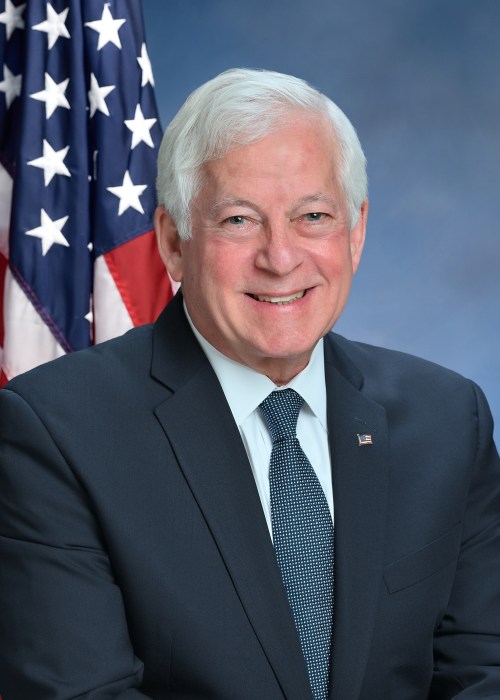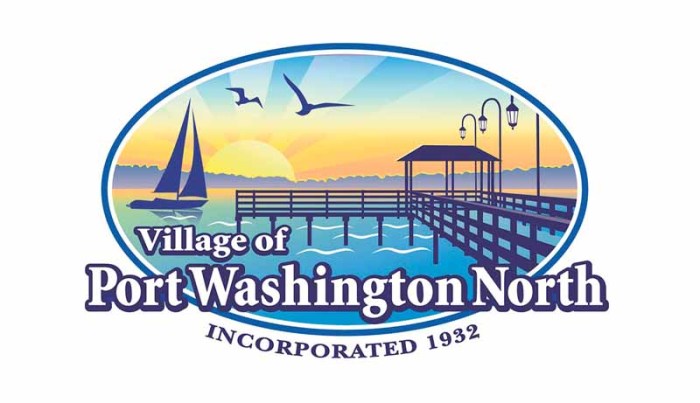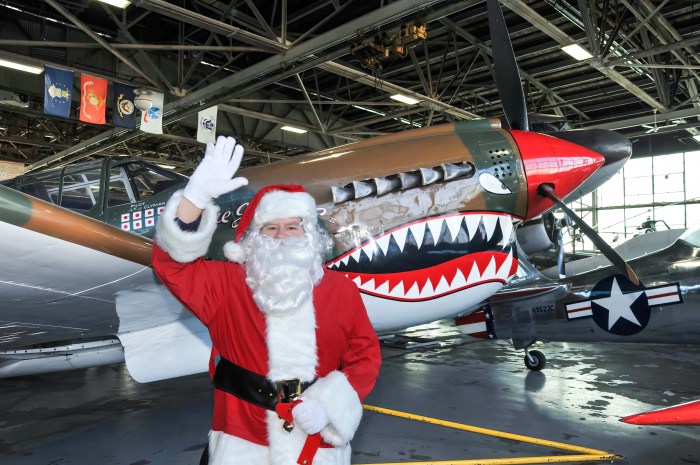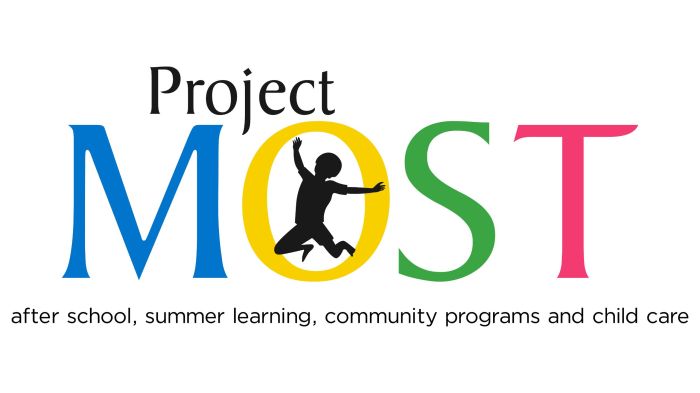
When I left the Army in June 1973, there was no safety net. I was still trying to prolong the adrenaline rush of my Vietnam tour (1971-72) with reckless behavior. On Oct. 18, 1973, I was heading east on the LIE, bounced off a guardrail and couldn’t tell a police officer where I was going. I wound up spending a night in a Hauppauge cell and getting a DUI conviction. I was able to hide the matter from my Newsday bosses and during my 60-day license suspension, either my mother drove me to assignments or I took a bus or the LIRR. I really didn’t calm down until three years later – my lost years — when I met my wife to be.
These days, veterans on Long Island, in New York City and across the country don’t have to struggle alone with depression, drug and alcohol addiction, survivor’s guilt, PTSD or traumatic brain injuries. A nonprofit called Team Red, White & Blue is reaching out to help veterans reintegrate by organizing physical and social events to connect them to their communities and to benefits, education and jobs. “I think there is some residual guilt [among civilians] from the experience that your generation had and the way they treated veterans,” said West Point graduate Nick Auletta, 34, of East Northport, volunteer community outreach director of Team RWB’s LI chapter, “People have done a better job separating the people from the political.”
Team RWB’s Long Island chapter was founded in 2012 as an offshoot of the 1,500-member New York City chapter and has grown to 159 members. It runs almost weekly events itself or partnering with other organizations. When I caught up to Auletta, a vice president at Uniondale-based Summit Security Services, he was preparing for an April 4 meeting and run at Eisenhower Park and also planning participation in an April 18 Run, Ride, Rebuild Long Beach event, which included a race and resources expo to connect volunteers with opportunities to rebuild homes damaged by Super Storm Sandy.
Auletta said the chapter also will be represented at a May 23 benefit run in East Northport that honors Marine Corps corporal Christopher G. Scherer, killed by a sniper’s bullet in Iraq in 2007, and at the Sept. 26 Hamptons Marathon. But the chapters also plan social events such as trips to museums, plays and movies, a new members’ social, holiday parties, career seminars and workouts at CrossFit Lindy, a gym in Copiague.
“When we out-process from the military,” said Auletta, who was deployed for 44 months during three tours to Iraq as an officer and civilian contractor, “we come home and realize your friends from high school have left, and for a lot of them, they feel isolated, living in their parents’ basement, playing video games, isolated from the community. We try to get them out. We call it ‘Eagle engagement’ [the Eagle is the group’s logo]. It’s one of the most important things we do, giving them a sense of purpose, that people do care and want them to be functional members of society.” (The nonprofit (www.teamrwb.org) has 56,000 members in 115 communities worldwide.)
Connie Morinello, 46, an accountant from Astoria, said when the wars in Afghanistan and Iraq began, she volunteered with groups that assembled and mailed care packages to troops and helped hold dinners for those who had family members deployed overseas. She joined the city chapter of Team RWB in March 2014 and was named its unpaid director of community service “I feel when the troops come back, they still need support,” she said. “We support individuals who are in transition, and we’re able to connect them to mentors, resume writers…I attend career fairs and refer veterans to jobs.
Morinello attends races, workouts and socials with the idea of making and facilitating connections. “It’s a way for both worlds to bond,” she said. “Some of us have been mentors to each other even though that’s not what we set out to do. At the socials, we talk, interact. It’s a way to unofficially get and give support. Everybody on the team has a unique type of background.”
Asked why she cares, Morinello said, “It’s difficult to explain. I have heard older vets express how when they came home they didn’t have any of this support. We had teammates go to a hospital to check in on [a Vietnam vet] that had surgery. The volunteers benefit as much as the veterans. I think it’s something you can’t put a price on, that you’re able to give back in some way. Perhaps it’s a different generation. Today, if you see somebody in uniform, you thank them for their service. It’s our way of saying ‘Thank you for volunteering.’ It’s my little way of saying thank you.”
Auletta’s said his wife Caroline, whom he met at West Point, encourages him to volunteer. “I was working with a couple of other veterans organizations,” he said, “doing speaking engagements on Long Island about my experiences [in Iraq] and I met Theresa Regnante, CEO of United Way of Long Island. I joined the board, and then I heard about Team RWB. It [the national group] was founded [in 2010] by a West Point classmate of mine [Michael Erwin]. My wife has asked me to look at it. What had attracted me was their mission – to enrich veterans lives by connecting them to the community. They create a similar track and a camaraderie that I felt was missing from my life. It really spoke to me., the simplicity of the mission.”
“In the service,” he said, “you’re chasing a high that’s hard to replace. You can’t replace it. A lot of them [veterans] are looking for a purpose, something to go out and do. It’s exciting if somebody says they’re looking forward to my next email to find out what the next event is. You can see they’re happier than they were the first time they came. I can see the positivity. They feel that purpose. Everybody wears that same shirt. They’re wearing the eagle on their chest. We’re running with the flag. They’re proud to be veterans.”



